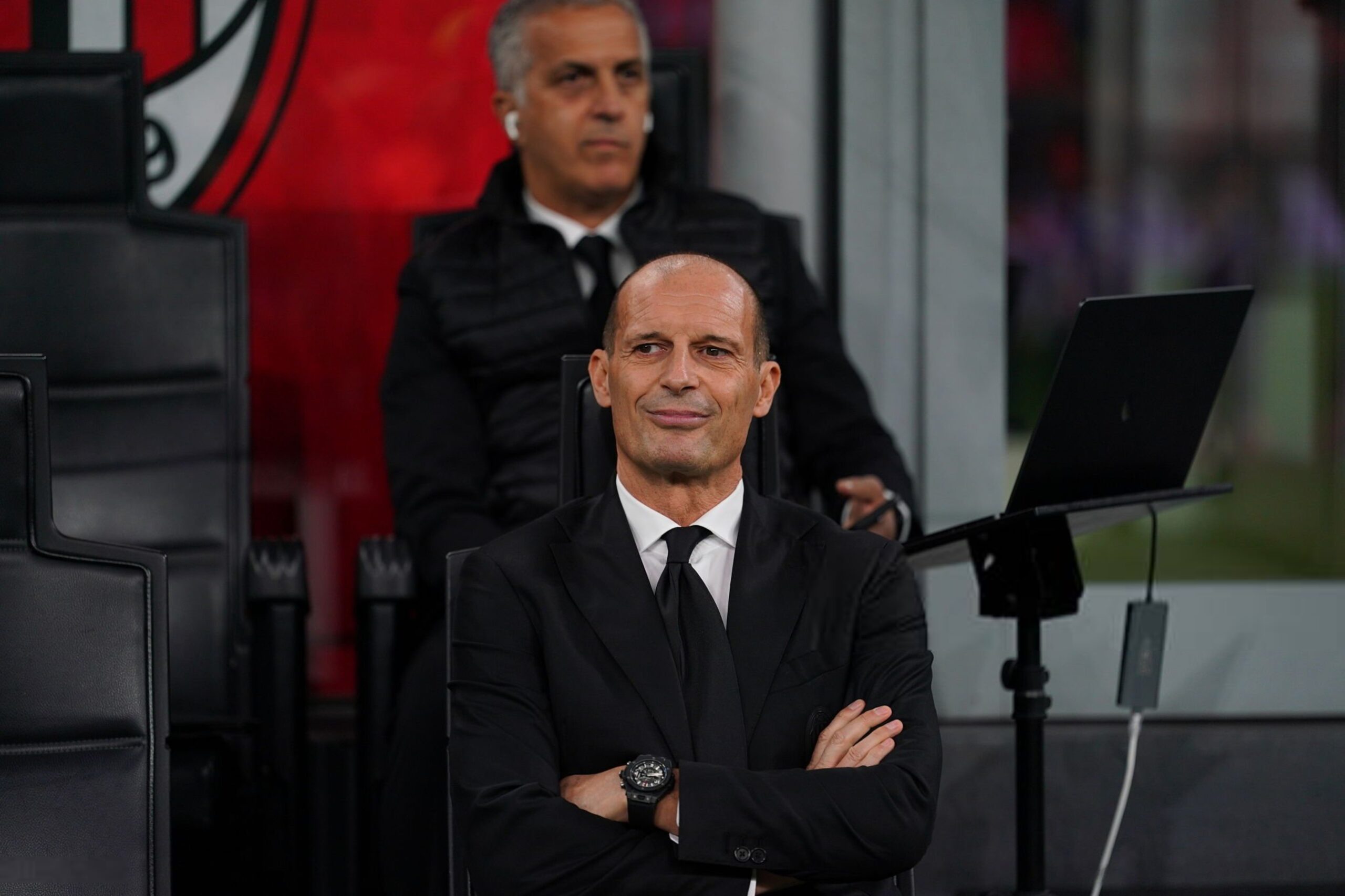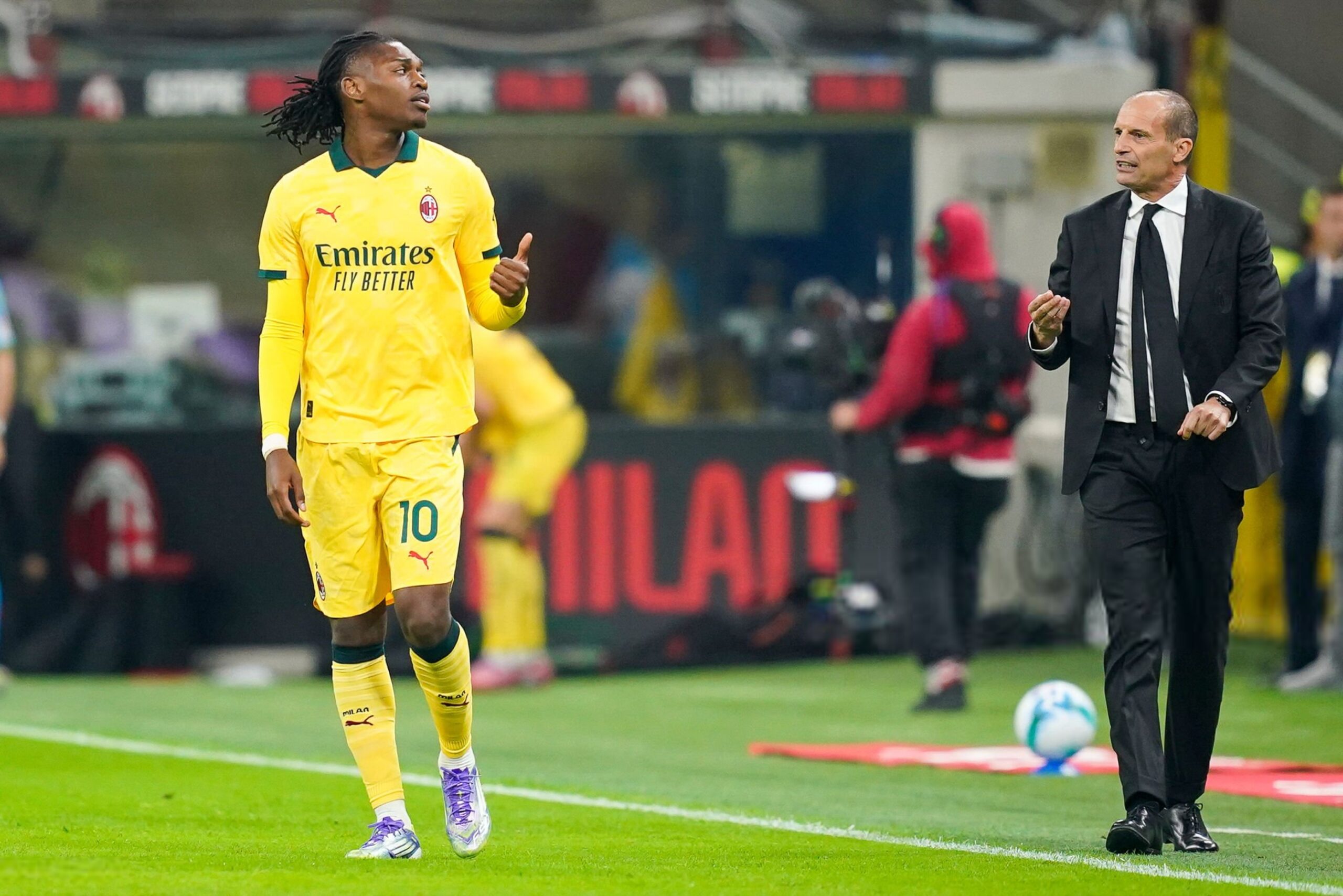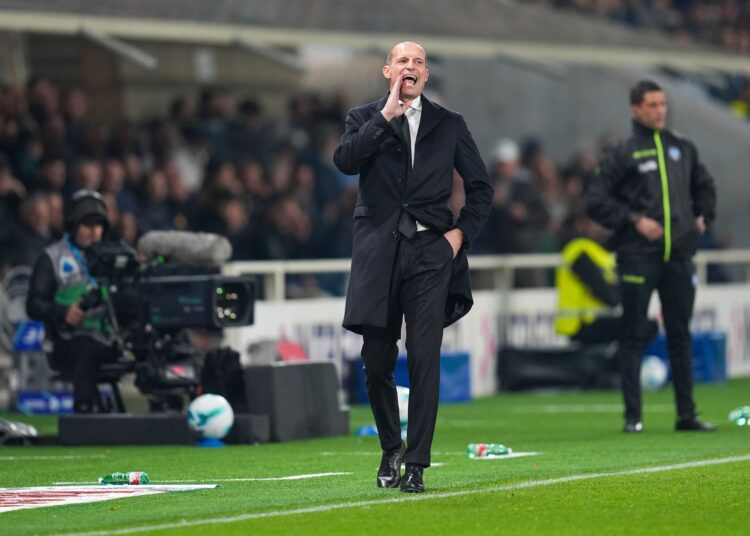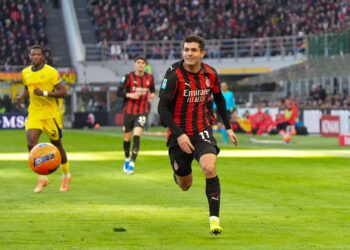The draws against Pisa and Parma, combined with the defeat on the opening day against Cremonese, reveal a recurring trait within Milan's squad that has lingered for years and is proving hard to eliminate: in certain moments, the team fails to sense danger, only realizing it once it has already arrived.
What has changed, and this is to Allegri's credit along with his staff and some of the summer signings, is how often these situations occur. To be fair, in recent seasons, since the Scudetto, the players would completely lose control of the game's rhythm at least twice per match, finding themselves in absurd and risky situations, often salvaged only thanks to the individual quality within the team.

With Max Allegri, these moments have been reduced, but not eliminated. The ex Juventus head coach has already repeated one of his principles in press conferences: "When a game can be won, it must be won, and when it cannot be won, it must not be lost." The idea is to read, sense, and understand the entire context, interpreting the different phases that exist within a single match. This ties directly to the team's long-standing lack of sacrifice and defensive effort, which had been a recurring weakness in recent years. Here too, progress is clear. The performances of Gabbia, Tomori, and Pavlovic have improved thanks to a renewed collective spirit when defending without the ball, writes Milan News.
But again, the system works only when the team stays mentally inside the match, reads the moment, and avoids leaving outcomes to chance. Sometimes, Milan needs a shock to reconnect mentally with the game. See Maignan's penalty save against Roma or Estupiñán's red card against Napoli: from that point on, the matches could have lasted another hour, and Milan would not have conceded, so strong was their tactical and mental structure. The same happened against Pisa and Parma: after the shock of conceding, the team started creating, pressing, and scoring again. In both matches, Milan even came close to winning, with Saelemaekers unlucky in each case.
The question arises: is this sustainable over time? No. It contradicts the steady rhythm that Allegri seeks, and his wish, still not fully absorbed by the team, to manage every phase of a match with calm and awareness. Still, Allegri's work has been valuable. These lapses have become identifiable and less frequent. The next step is to guide the entire team, with help from experienced players like Rabiot and Modric, to anticipate danger earlier. The group may not yet be ready to "fight," as Max says, by dropping deep and suffering, because their natural traits differ. But over time, the coach's mindset and the players' instincts will align more closely. The dropped points are frustrating, but there is technical, tactical, and human substance to keep growing together. For a Milan that finished eighth last season, progress is already evident.
















